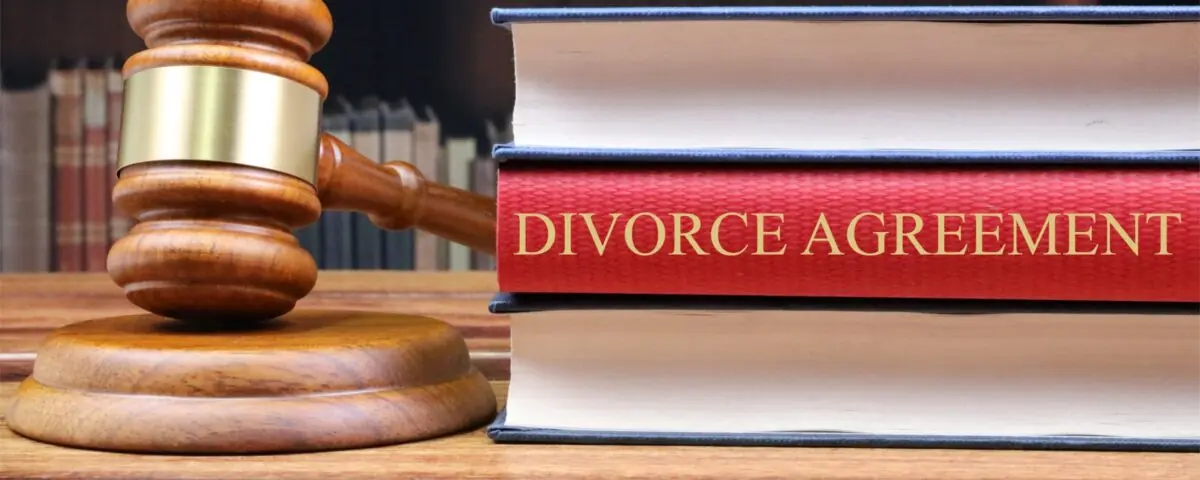Dividing assets can be the most challenging aspect of divorce proceedings. When court assistance is required for financial settlements, judges use legal factors to decide,
allowing for considerable discretion in determining entitlements.
What is a Financial Settlement in Divorce?
A financial settlement in divorce is when assets and financial agreements, including ongoing support, are finalized and legally recorded through a binding financial order.
Sometimes, agreements can be reached outside of court through negotiation and financial disclosure between solicitors.
When Agreements Cannot Be Reached
In cases where negotiation fails, court intervention becomes necessary to reach a resolution.
Factors Considered in Asset Division
The court follows guidelines outlined in Section 25 of the Matrimonial Causes Act 1973:
Financial Assets: This includes income, earning capacity, property, and financial resources of each spouse.
Financial Needs: Future financial obligations, such as housing and living expenses, are taken into account.
Standard of Living: The court aims to maintain the standard of living enjoyed during the marriage, though this may not always be possible post-divorce.
Age and Duration of Marriage: These factors influence how contributions are evaluated, especially in shorter marriages.
Physical or Mental Disabilities: Relevant if it affects financial capacity.
Contributions to the Family: This includes homemaking and childcare responsibilities.
Pensions and Benefits: Consideration is given to any pension rights and benefits that may be affected post-divorce.
Conduct: Rarely considered unless deemed exceptional.
Property Division
Property division is not formulaic but typically starts with an aim for equality. Factors such as housing needs and financial capabilities influence the final division,
which may vary from equal shares.
Pension Division
Pensions in longer marriages can be divided through:
Pension Sharing: Transferring a percentage of one spouse’s pension to the other.
Pension Offsetting: Retaining one’s pension while offsetting its value against other assets.
Pension Attachment: Regular payments from one spouse’s pension to the other.
Basic state pensions cannot be shared upon divorce or dissolution of a civil partnership.
For further advice please get in touch with our team today by calling 020 8538 0182 or +44 7857 809932, or you can email us on [email protected].
Please note these blogs are to enhance your knowledge and are not tailored advice, for specific advice please get in touch with our outstanding team.



